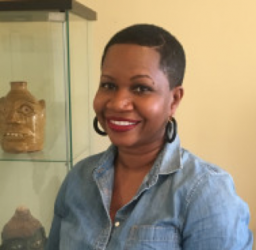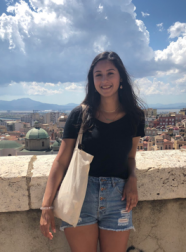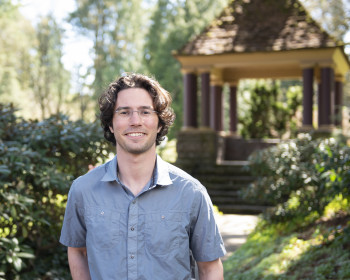Ray Warren Symposium Tackles Race and Medicine
by Franchesca Schrambling BA ’22
What happens when access to health care is not deemed a priority for all? What happens when it is privatized or marginalized? What happens when medicine and science inherently promote racial ideologies?
Running November 7 through November 9, the 15th Annual Ray
“It is vital to approach racism and colonialism as a public health issue,” says Kimberly Brodkin, associate professor with term of humanities, and faculty director of the symposium. “Too many people falsely believe that very real health disparities can be attributed to so-called biological differences distinguishing racial groups, rather than to racism and colonialism.”
To better understand real health disparities, Cooper Owens, associate professor of history at Queens College, CUNY, will highlight many aspects of medical racism on November 7 at 7 p.m. During her keynote presentation, Cooper Owens will provide insight on the connections of current health disparities and their roots in slavery and in the suffering faced by black women.
On November 8 at 7 p.m., the keynote panel “Healing Justice in Conversation” will explore intergenerational traumas, holistic practices, and collective resistance. This panel features the experiences of Autumn Brown, Carla M. Pérez, and Jerry Tello in order to contribute to the broader conversation about the resilience of communities and the promotion of health and accessibility.

Litauer Chan, alongside cochairs Angelica Flores BA ’19, Maya Hernández BA ’19, and Jasmine Torres BA ’19, hopes the symposium’s conversations “address [past and present] health disparities between communities of color and working-class communities, and white and wealthy folks,” and provide insight into how biases in our healthcare system affect some in the L&C community and across the greater Portland area.
“We decided on health, medicine, and healing because it was a
In addition to the keynote lectures, this year’s symposium features other opportunities to explore health-related struggles and even alleviate them:
- The Special Collections and Archives of Watzek Library will be exhibiting Medicine in the West: Power, Authority, and Knowledge Exchange Between Native Americans and The Corps of Discovery to explore the historical impacts of medicine.
- Panels involving members of the Portland community and L&C students, such as Cultural Traditions and Healing Practices and Mental Health is Not Just for White People, will be providing perspectives to examine the current relationship between health and communities of color.
- A Healing Justice Practice Space (HJPS), offered in conjunction with the symposium for the first time, will be focusing on healing modalities such as meditation, emotional support and counseling, and art therapy.
- An Art Show in Stamm (when panels are not in progress).
Closing the symposium on November 9 will be the Race Monologues. These original narratives by Lewis & Clark students take many forms—individual and group, letters, prose, and song—and address feelings, personal experiences, and understandings of race, ethnicity, and identity.
Check out the symposium’s website for a detailed schedule, list of speaker biographies, and other event information.
More Newsroom Stories
Public Relations is located in McAfee on the Undergraduate Campus.
MSC: 19
email public@lclark.edu
voice 503-768-7970
Public Relations
Lewis & Clark
615 S. Palatine Hill Road MSC 19
Portland OR 97219

